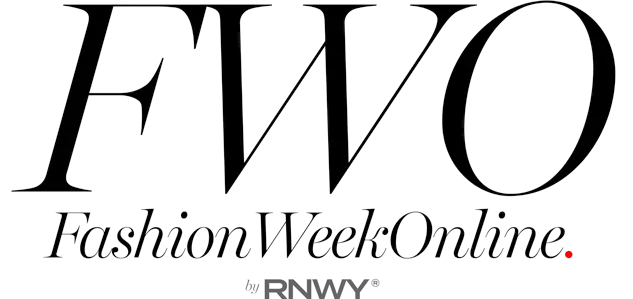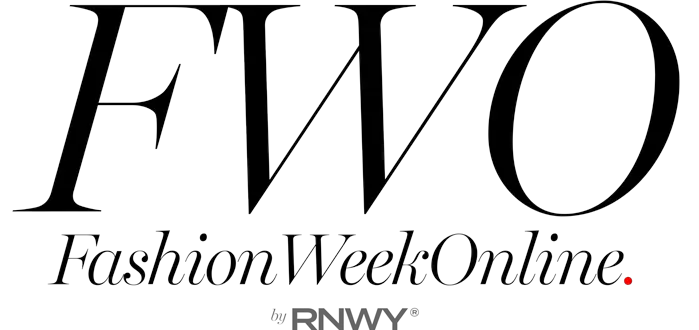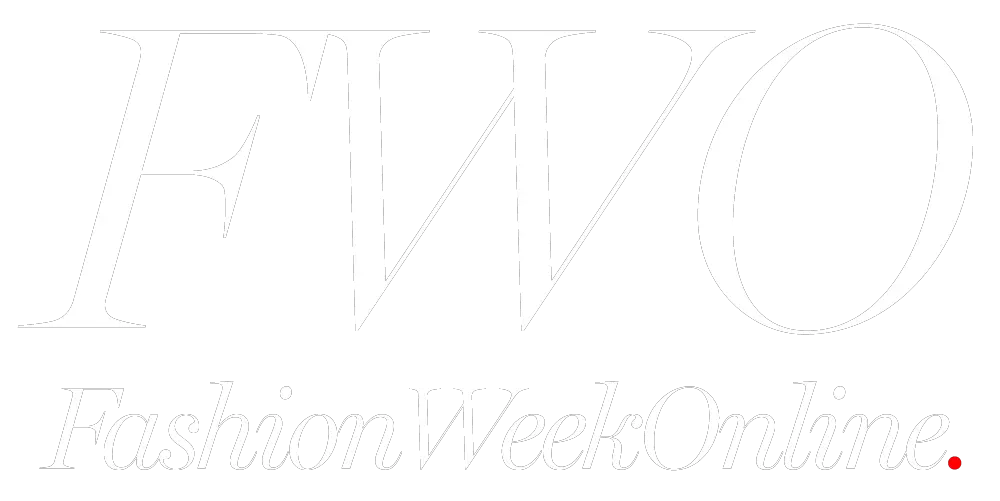Fashion entrepreneurs – from designers to boutique owners and stylists, all work in a dynamic industry where creativity meets business acumen.
However, the high-energy nature of fashion often leaves long-term financial planning, particularly retirement, on the back burner. In contrast to traditional salaried workers, fashion entrepreneurs are often presented with unique challenges in building a retirement fund. With fluctuating incomes, unpredictable industry trends, and the need to reinvest in their businesses, saving for retirement may seem daunting. Fashion entrepreneurs who are looking to secure a financially stable future beyond the runway might find these tips valuable.
1. Set Up a Dedicated Retirement Account
One of the first steps in retirement planning is to establish a retirement account tailored for self-employed individuals and small business owners. Here are some options:
- SEP IRA (Simplified Employee Pension Plan): A SEP IRA allows self-employed individuals and small business owners to contribute up to 25% of their annual income, with a cap of $66,000 (as of 2023). This plan can offer significant tax advantages and is relatively easy to set up, making it ideal for fashion entrepreneurs.
- Solo 401(k): If you’re a solo entrepreneur without employees, a Solo 401(k) allows you to contribute both as an employer and employee. This results in a higher contribution limit, potentially up to $66,000 or more, depending on your income. Solo 401(k)s also allow for Roth contributions, which grow tax-free.
- Traditional or Roth IRA: For those with lower annual income, a Traditional or Roth IRA can be a good option. While you need to be mindful of IRA contribution limits (up to $8,000 per year for those under 50), it’s still a solid start for those new to retirement planning or reinvesting significant amounts back into their businesses.
Roth IRA contribution limits
Setting up any of these accounts can offer tax-deferred or tax-free growth, which can help you build a retirement fund over time.
2. Budget for Retirement in Your Business Plan
Fashion entrepreneurs often prioritize reinvesting profits into their businesses for growth, marketing, or product development. However, it’s essential to also budget for retirement. Consider setting aside a percentage of your monthly profits for retirement contributions. This can be done by calculating a consistent portion of your income, such as 10-15%, and automating transfers to your retirement account.
For seasonal income variations, adjust your retirement contributions accordingly. During higher-profit months, contribute a larger amount, and scale back in slower seasons. Including retirement contributions as a regular expense in your business plan reinforces the habit of saving and reduces the temptation to skip contributions during tight months.
Australians like to reach out to SMSF accounting firm for help in devising tailored strategies that align with their income patterns and long-term goals. These professionals provide expert guidance on optimizing contributions, managing investments, and ensuring compliance with superannuation regulations.
3. Diversify Beyond Your Fashion Business
Many fashion entrepreneurs consider their business as their primary asset, relying on future business profits or eventual sales to fund their retirement. However, this approach can be risky due to industry volatility and unpredictable consumer trends. To safeguard your future, it’s wise to diversify beyond your business by investing in traditional assets, such as stocks, bonds, or real estate.
Consider creating a balanced investment portfolio with the guidance of a financial advisor. Diversification can help you maintain a steady retirement fund, providing protection if your business faces challenges or if market trends shift.
4. Embrace Tax-Advantaged Strategies
As a business owner, you have access to several tax-saving strategies that can help increase retirement contributions. Consult with a tax professional to understand deductions related to business expenses, such as office space, marketing, and equipment. By maximizing your deductions, you reduce your taxable income, leaving more funds available for retirement.
Additionally, contributing to tax-advantaged retirement accounts, like a SEP IRA or Solo 401(k), allows you to grow your retirement savings while deferring taxes until withdrawal. Some entrepreneurs might also consider a Defined Benefit Plan, which is a pension plan that allows even larger tax-deferred contributions. However, these plans are complex and best suited for those with consistently high incomes.
5. Protect Your Income with an Emergency Fund and Insurance
The fashion industry can be unpredictable, with fluctuating demand and seasonal sales variations. Creating an emergency fund equal to six to twelve months of expenses can help you maintain consistent retirement contributions, even during lean times. It also prevents you from needing to dip into your retirement funds for unexpected expenses, keeping your long-term savings intact.
Insurance is also crucial. Disability insurance, for example, can protect your income in case you’re unable to work, while health insurance can prevent medical expenses from eating into your savings. With adequate insurance coverage, you can better secure your income, ensuring that funds remain available for retirement.
6. Plan for an Exit Strategy
As a fashion entrepreneur, your business may be your biggest asset. Planning an exit strategy—whether through selling, succession planning, or franchising—can provide you with significant funds for retirement. Start by assessing your business’s value and identifying potential buyers or partners who might be interested in purchasing or continuing the brand.
If you hope to sell or pass down your business, consider how you can build its value over time. For example, establishing a strong brand, creating valuable intellectual property, and maintaining solid financial records can all make your business more appealing to prospective buyers. The proceeds from a sale can be a major addition to your retirement fund, helping to ensure financial security in your post-career years.
7. Consult a Financial Advisor Specializing in Small Business
Every business owner has unique financial needs, and working with a financial advisor who understands the specific challenges faced by entrepreneurs in the fashion industry can be invaluable. A financial advisor can help you create a personalized retirement plan, optimize tax strategies, and adjust your investments based on changing market conditions and income levels.
Finding an advisor with experience in the fashion or creative industries can also help you address industry-specific concerns, like managing cash flow, dealing with seasonal income, and protecting intellectual property.
Conclusion
Retirement planning is essential for fashion entrepreneurs who want to ensure a financially secure future, even as they focus on building and growing their businesses. While the unique nature of the fashion industry presents its own challenges, it also offers opportunities for creative retirement strategies. By setting up the right retirement accounts, budgeting effectively, diversifying investments, and consulting financial professionals, fashion entrepreneurs can build a retirement fund that grows alongside their businesses. A strategic approach today can help you enjoy a comfortable, financially stable retirement when it’s time to step away from the runway.
##





